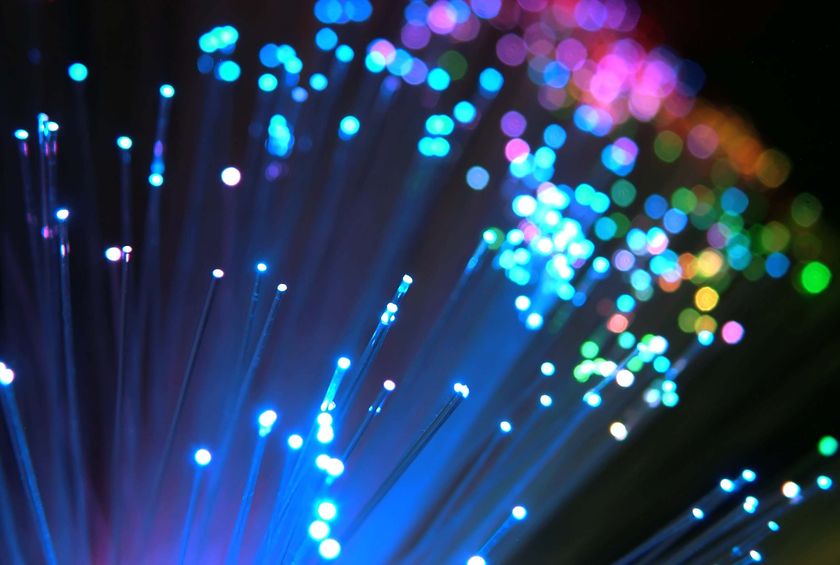 Source: ABC News
Source: ABC News
So today the Coalition announced their answer to the Government's National Broadband Network, a policy that they themselves have quite specifically rejected as something that is in any way good. Their policy, should they win Government later this month, would be to scap the $43b NBN and replace it with a $6b infrastructure upgrade, which while it wouldn't deliver the same sorts of speeds and coverage that the NBN is promising, the Coalition feel that by offering what is essentially a backhaul upgrade, and a market-based investment in various wireless technology (such as HSPA+ and LTE) they can safely deliver an average speed of 12mbps to 95% - 98% of the Australian population. It would also not include the FTTH plan of the ALP, nor the structural separation of Telstra. Their argument is that we cannot afford a massive NBN rollout at this time.
So while it is cheaper, is the Coalition's plan actually going to meet the Australian people's future needs for broadband access? The simple fact is, whichever way you look at it, the Coalition's plan simply cannot work for the Australian people. Let me explain why.
The fact is, the Federal Government have announced a $43b Fibre-to-the-Home network, which involves replacing the existing copper network with a brand spanking new Fibre-based network. This will mean Australians will have access to speeds of between 100mbps and 1gbps, which is all very exciting. This would bring us in line with pretty much every other Asian country within the region, whereby they started rolling out Fibre networks several years ago, all to very critical acclaim. Sure, it's true to say that the end user will get speeds of variable quality - the above figures are nothing more than rough "best estimate" guides. But they are certainly better than the current "best estimate" guides based on our current copper network of ADSL2+ connections, which have a maximum speed of 24mbps.
The main advantage a Fibre-based network offers is that it is not as dependant on distance from the exchange like the current copper ADSL network is, which means the further away from the exchange you are, the slower your speed is. With FTTH, this is nowhere near the problem, which means faster speeds for those of us unlucky enough to live more than several km's away from our local exchange.
Now, this is all in stark comparison to that of what the Coalition are suggesting we build, and that is to upgrade to fibre ONLY the backhaul network within the country, with the actual service delivery being left to market forces to decide what is best to offer, and what price to charge, with what seems like a heavy reliance on wireless technology such as HSPA+ and LTE. The "peak speed" the Coalition are offering is 12mbps, which is essentially the speed you can hope to obtain so long as no-one else is connected to the same wireless tower as you are.
So, while the Coalition policy offers us always on wireless access, the speed is a heck of a lot less than what the ALP are offering, and anyone who has had to suffer poor mobile phone reception issues will know that right now, wireless is not the option. Sure, HSPA+ can offer maximum speeds of 42mbps, and that may possibly improve in the next few years. But the fact is, most people know that wireless Internet is convenient, yes, but is no replacement for a proper landline-based Internet connection.
That's not to say that at some stage inside of 20 years wireless Internet will become the defacto way in which people access the Internet. That much is not in doubt. The problem is, right now, in 2010, the technology just isn't there. So anything the Coalition does now is likely to be superceded within several years, while the ALP solution at least future proofs us for several decades to come, and when next generation wireless technology comes on-line, it will certainly benefit from being able to access a national fibre-based broadband network.
This is all beside the main point, however, and that is this - the NBN has a massive amount of potential to offer the Australian business sector, particularly in the areas of health and education. A dedicated FTTH network for e-health and education delivery will be a massive boon to Australia inside of a decade, and it is for this reason alone that I fully support the ALP plan of rolling out a NBN between now and 2020.
Let's just hope they win the election, eh?